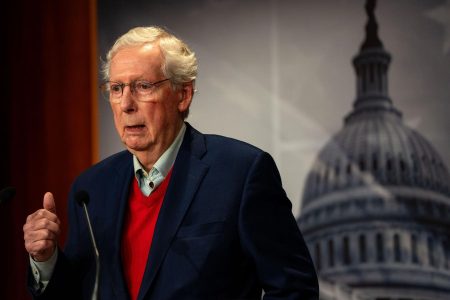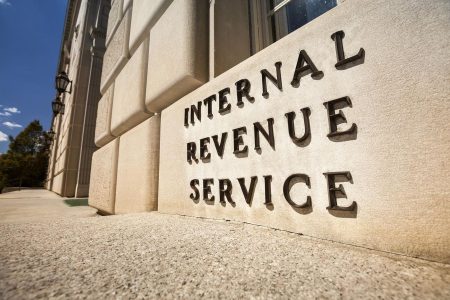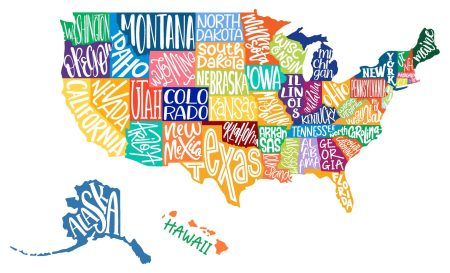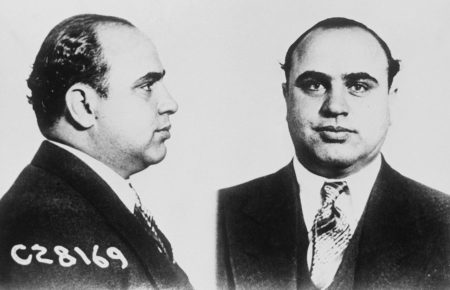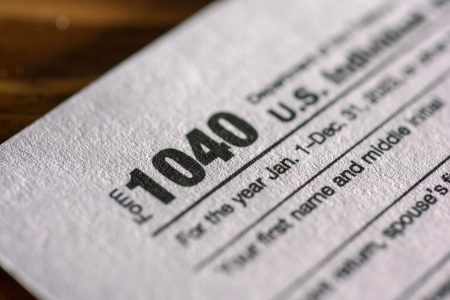“I did not expect that result.”
That was just one of the reactions I received after a federal judge in Pennsylvania declined to issue an injunction that would effectively block the Federal Trade Commission’s (FTC) ban on noncompete agreements.
The ruling came in response to a case filed by ATS Tree Services, based in Bucks County, Pennsylvania, which challenged the FTC’s efforts to ban noncompete agreements. ATS uses noncompete agreements to protect the investment it makes in its employees’ training, it explains, which gives it some confidence that it is not investing in an employee it will immediately lose to a competitor.
When the case was filed, Josh Robbins, an attorney at Pacific Legal Foundation (PLF), said, “Congress never gave the FTC power to rewrite the employment contracts of millions of Americans.” He added, “The FTC is attempting to invent new powers for itself that stray far from the agency’s original antitrust mission.”
However, on Tuesday, Judge Kelley Brisbon Hodge ruled that ATS “failed to establish irreparable harm,” writing, “On that finding alone, the Court must deny Plaintiff’s Motion.”
Judge Hodge went on to say, “Nevertheless, the Court analyzes likelihood of success on the merits as the Parties presented extensive argument on this issue,” finding that ATS “failed to establish “‘a reasonable chance, or probability, of winning.”
Following the ruling, PLF attorney Robbins said, “We are disappointed by the court’s decision to deny our client, ATS Tree Services, LLC, a preliminary injunction today. The FTC does not have the statutory authority to rewrite millions of employment contracts by banning noncompete agreements. ATS, a small tree care business, relies on its noncompete agreements to enable it to provide valuable training to its employees. Banning these agreements will significantly harm ATS’s business. Despite today’s ruling, we will continue to fight the FTC’s power-grab.”
Douglas Farrar, an FTC spokesperson, said, “The judge’s decision fully vindicates that precedent and the plain text of the FTC Act clearly provide us rulemaking authority to ban noncompete clauses, which harm competition by inhibiting workers’ freedom and mobility while stunting economic growth.”
The decision comes as several challenges to the rule are winding through court systems across the county.
Background
On April 23, 2024, the Federal Trade Commission (FTC) issued a final rule banning noncompete agreements. The final rule made clear “that it is an unfair method of competition—and therefore a violation of section 5—for persons to, among other things, enter into noncompete clauses (“noncompetes”) with workers on or after the final rule’s effective date.”
The FTC’s final rule was in response to the proposed noncompete clause rule, introduced on January 19, 2023, under sections 5 and 6(g) of the FTC Act. It follows a November 10, 2022, statement from Chair Lina M. Khan—a Biden appointee—to reinvigorate section 5 of the FTC Act, which bans unfair methods of competition. It was, the FTC says, a move that reflects the agency’s “efforts to protect workers by promoting competitive U.S. labor markets and putting an end to unfair practices that harm workers.”
According to the FTC, the rule followed “careful review and consideration of the entire rulemaking record,” which included over 26,000 public comments (over 25,000 comments supported the ban). Ryan submitted a 54-page public comment against the FTC’s proposed rule, explaining their position that noncompete agreements are an important tool for firms to protect their IP and foster innovation. Without them, Ryan says, firms could hire away a competitor’s employees just to gain insights into their competitor’s intellectual property.
The vote to approve issuing the final rule was not unanimous, with the vote falling 3-2. Commissioners Melissa Holyoak and Andrew N. Ferguson voted no.
Other Litigation
On the same day as the ruling, Ryan, a global tax services and software provider with its principal place of business in Dallas, Texas, issued a legal challenge to the new rule, filing suit in the U.S. District Court for the Northern District of Texas.
It was the first such suit filed to counter what the company described as “the FTC’s lawless action, which imposes an extraordinary burden on businesses seeking to protect their intellectual property (IP) and retain top talent within the professional services industries.” The purpose of the suit, the company says, is “to prevent the immense, undue burdens the FTC’s rule would impose on service-driven companies of every size nationwide.”
On April 23, 2024, the same day as Ryan’s court challenge, the U.S. Chamber of Commerce filed a lawsuit against the FTC in Texas. That case was stayed under the first-to-file rule. Under the rule, when two parties file what is essentially the same suit in the federal system but in different jurisdictions, there could be two different outcomes (made even more complicated by Ryan’s involvement in both suits). And while both were filed in different districts in Texas, they would end up in the same place—the Fifth Circuit—following any appeal. The first-to-file rule does what it sounds like and gives the first party priority over matters filed afterward. Following that ruling, the Chamber joined Ryan’s case. The Business Roundtable, the Texas Association of Business, and the Longview Chamber of Commerce also joined the case.
Earlier this month, U.S. District Court Judge Ada Brown of the Northern District of Texas issued a stay and a preliminary injunction against the FTC in response to Ryan’s lawsuit, which challenges the new rule. The judge noted, “While this order is preliminary, the Court intends to rule on the ultimate merits of this action on or before August 30, 2024.”
The Ryan decision does not apply nationwide—the injunction applies only to the plaintiffs involved in the case.
In her ruling, Judge Brown stated, “the Court concludes the Commission has exceeded its statutory authority in promulgating the Noncompete Rule, and thus Plaintiffs are likely to succeed on the merits.” She emphasized that “the role of an administrative agency is to do as told by Congress, not to do what the agency think[s] it should do.”
Barbara Sicalides, an antitrust and competition matters partner at Troutman Pepper, noted that the Pennsylvania ruling could raise more issues, saying, “Although the Pennsylvania court limited its ruling to the plaintiff in the instant case, its decision adds further confusion to what has been, for some time, a muddled legal landscape for employers. The Texas court has stated that it will issue its decision on the merits by August 30, 2024, and, given its preliminary findings, it seems likely that the two courts will remain in conflict.”
Sicalides continued, “Because the Texas court has also limited application of its preliminary injunction ruling to the parties before it and, in light of the short timeframe, employers have little choice but to prepare for the possibility that the FTC ban will become effective, and they will need to send the required notice by September 4, 2024. Most importantly, employers should review their existing agreements and ensure that they have protected to the extent possible their trade secrets and investments in employees through proper confidentiality and nonsolicitation agreements.”
Other Reactions
Tim Bartl, president and CEO of the HR Policy Association, which represents nearly 400 chief HR officers of America’s largest employers, said, “The Association is disappointed in the judge’s decision and remains firm in its belief that the FTC’s rule is beyond its legal authority. The Association remains committed to finding a long-term solution to this issue that allows for the continued reasonable use of noncompete agreements while prohibiting their misuse, regardless of whether the FTC’s rule goes into effect in September.”
Bartl is referencing the rule’s effective date. Without further action, the rule goes into effect on September 4, 2024. You can find more information on the FTC website.
Read the full article here




